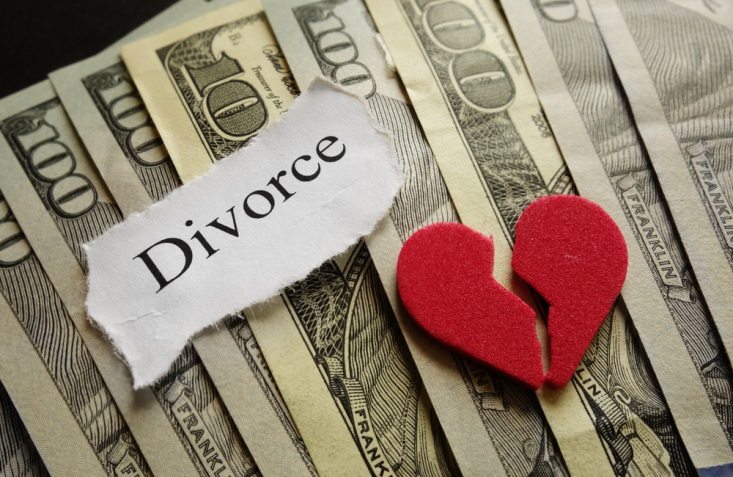 Selling your home is a highly emotional and challenging time for everyone, since it’s usually associated with big life changes. This process is even more emotional when that change also involves divorcing the person you once thought you were going to spend the rest of your life with.
Selling your home is a highly emotional and challenging time for everyone, since it’s usually associated with big life changes. This process is even more emotional when that change also involves divorcing the person you once thought you were going to spend the rest of your life with.
Being emotionally affected by your pain and grief is totally understandable, but this turmoil can push emotionally charged people into making hasty decisions that turn into costly and undesirable situations.
Here are six of the most common mistakes that divorcing people make when dealing with their properties:
- Blindly signing over ownership. Before making quick and irrational decisions, consider them carefully. Even though it may seem like a good idea at first glance, signing over ownership doesn’t necessarily mean you’re also signing over the mortgage. Losing ownership while retaining the mortgage might be a very bad idea that you may regret for years to come.
- Trying desperately to keep your house, even if you can’t afford it. Naturally, your home offers emotional security and may hold wonderful memories for you, so wanting to keep it is perfectly acceptable. However, keeping your house must be a sound financial decision, not a decision based solely on emotions.
- Fighting with your ex-spouse over the house, even when the property holds zero equity. Even though the house might seem like a trophy worth fighting for, if there is no equity, then there is no financial value to you or your ex-spouse. Arguing over something that has no value will only create stress and draw out your divorce process. Don’t get caught up in a useless power struggle for something that has zero net gain.
- Spending too much money and time fighting over small, trivial things. Most divorcing spouses fight tooth and nail for things like furniture, electronics, appliances, and even decorative objects. While some of these things may be truly important to you, stop and consider if they are really worth the time and stress you’re expending to fight for them, plus the money and trouble of packing them, transporting them, and unpacking them in your new home?
- Insisting on a listing price that is too high or too low. Depending on your state of mind, timeline, and goals, overpricing or underpricing your house might seem tempting. However, in order to sell, a house needs to be listed at the correct price. If it’s too low, you lose your hard-earned equity. If it’s too high, it simply won’t sell. Enlist the help of a professional real estate agent to guide you and make sure you’re not costing yourself time or money.
- Cease making house payments or maintaining the house. Even though your marriage is ending, your life isn’t. Failing to make your monthly mortgage payments will negatively affect your credit, and failing to maintain the house is likely to cost you thousands of dollars in the final selling price. Even though you are going through a very emotional and difficult time, your house is likely your biggest and most important investments. This transaction requires and deserves your attention as well as your best game.
As understandable as all the grief signs and stages of the divorce are, you should never let those aspects influence you to make decisions that you will regret later. If you feel too affected by your emotions during this time, lean on the trusted professionals that you chose to hire to help you, such as your attorney, a divorce coach, and your real estate agents. These specialists will help you avoid these mistakes and guide you through this difficult home selling process!
FREE E-BOOK: Help for Divorcing Homeowners
We know divorce hurts, but we can help you through this part.
We’ve experienced the dilemmas of divorce and the tough decisions it forces us all to make.
Fortunately, we also know how to successfully sell homes.
We’ve taken our experiences and put together this free E-Book for divorcing homeowners.
It has information and helpful tips about dealing with one of life’s biggest assets during one of life’s hardest times.

